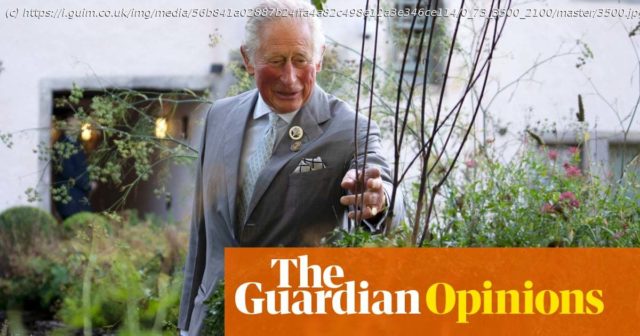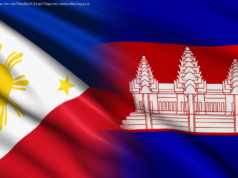Array
King Charles intends to reign – he would say serve – precisely as did his mother. His entire life has been spent in the shadow of her performance, and he has been tutored at every turn in the role of the occupant of the throne. He knows that the nation has regarded the Queen as the apotheosis of constitutional monarchy. His is unlikely to be a long reign, and he will not want to betray his mother’s legacy.
At that point, any similarity between King Charles and Queen Elizabeth may well end. The reason is simple. The job of monarch today may be formulaic, indeed near-robotic, but it is nonetheless conducted by human beings. Charles may execute the ceremonies required of him impeccably. He is practised in the tedium of public duties, and shares his mother’s capacity to moderate ritual with humour. Maturity has also diluted the risks of misbehaviour and gossip that attended his youth and unhappy first marriage. But mother and son are very different personalities.
This may matter only in the margins of the constitution, in the dealings that a king has of constitutional necessity with his prime minister and with the machinery of parliament. He is bound to respect the nonpartisan obligations of monarchy, enshrined in custom and practice at least since the Hanoverians. The days are gone when the monarch might exercise discretion in “choosing” or “inviting” a prime minister most likely to enjoy parliamentary support.
This terminology can still deliver crises. The last occurred in 1963, when the Conservative party lacked a formal procedure for selecting a leader and a number of candidates put themselves forward to succeed the sick Harold Macmillan. In the event, he was well enough to recommend Lord Home as his successor, but this did not save the Queen from seeming to approve a secretive and oligarchic transfer of power.
Subsequent tensions have usually involved hung parliaments, as in 1974 under Edward Heath and in 2010 under Gordon Brown. Both were resolved through negotiations with palace officials under conventions of custom and practice.






